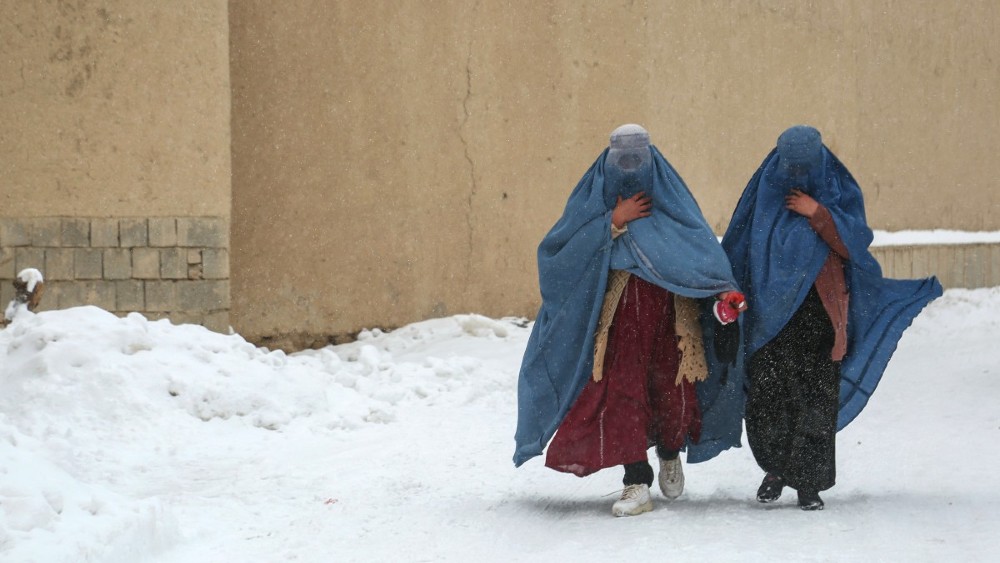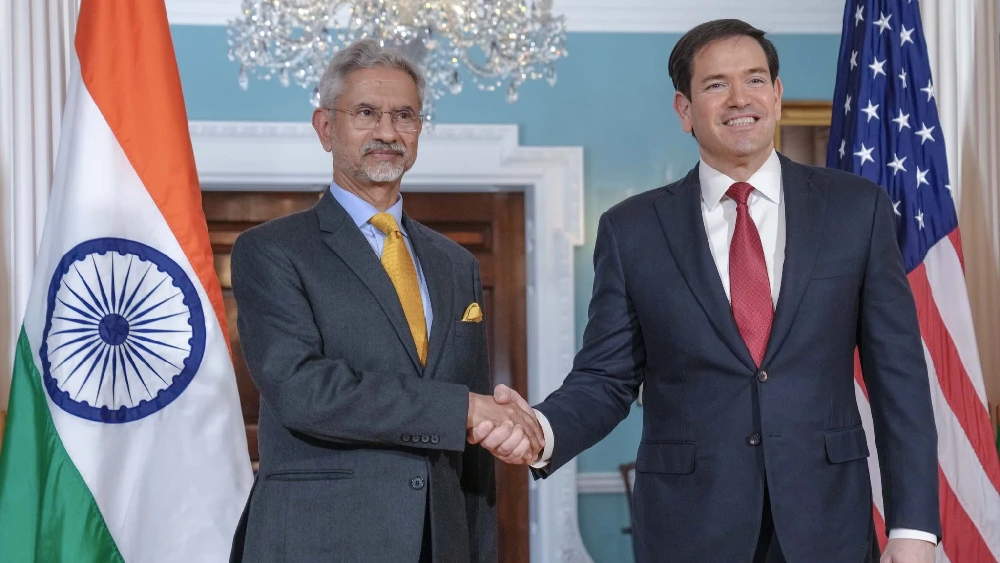Pakistan’s Reko Diq copper project to generate $2.8B in first-year: finance minister
WASHINGTON, DC: Pakistan’s mining sector is poised for major expansion, with Finance Minister Muhammad Aurangzeb projecting that the first year of commercial operations at the Reko Diq copper and gold project could generate $2.8 billion in copper exports, a 10% increase in the country’s overall export base.
Speaking exclusively to Pakistan TV Digital at the conclusion of his weeklong US visit for the IMF-World Bank Annual Meetings in Washington, Aurangzeb said the project is only the beginning, with additional mines and concessions expected to come online in the coming years.
“This is just the start because there are other mines and concessions coming through,” he said.
Aurangzeb highlighted that the Reko Diq project is attracting US investment, with the International Finance Corporation (IFC) leading the syndication and the US EXIM Bank expected to participate once the US government shutdown concludes.
Islamabad’s long-term vision includes smelting and value addition, which will enhance Pakistan’s industrial output.
“That’s not going to happen overnight, but where we are headed has huge upside for Pakistan,” he said.
Yuan bonds: diversifying Pakistan’s funding
Alongside mining, Pakistan plans to issue its first-ever yuan-denominated bonds worth $250 million by the end of 2025, part of a strategy to diversify funding sources and strengthen macroeconomic resilience.
“From our perspective, this is a very important trade, a funding diversification discussion,” Aurangzeb said. “We have previously done Euro issuances and US dollar Islamic support, so we have been late, quite frankly, in terms of tapping the second-largest and second-deepest capital market in the world.”
He said the government will raise about $250 million equivalent in Chinese yuan (RMB) in the first phase and called the move “long overdue” to strengthen ties with Asian markets and reduce reliance on Western financial channels.
Aurangzeb confirmed that the issuance will feature credit enhancement from the Asian Infrastructure Investment Bank (AIIB) and the Asian Development Bank (ADB).
“We are following the Egyptian model because they had credit enhancement so that we will have the same from AIIB and ADB,” he explained.
Two non-deal roadshows have already generated “strong investor interest,” and the minister said the issuance is expected to be completed before the end of the calendar year, supported by “very strong underwriters.”
Macroeconomic stability and reform commitment
Aurangzeb said the bond issuance is part of a broader strategy to consolidate macroeconomic stability, which has shown notable improvements.
“If we look at it holistically, around macroeconomic stability, a stable currency, FX reserves, inflation coming into single digits, and the policy rate coming down. We are making progress that now has two external validations,” he said.
He cited the IMF staff-level agreement and upgrades from all three major credit rating agencies as indicators that Pakistan’s reform direction is recognized internationally.
“That too has happened after the test of two and a half to three years,” he added.
Aurangzeb stressed that the government is focused on long-term sustainability, emphasizing reforms in taxation, energy, state-owned enterprises, and public finances.
“That is what is going to give permanence, because oil prices can go up and down,” he said.
Privatization drive
On privatization, Aurangzeb acknowledged past delays but emphasized that progress is now decisive.
“This is one area where we haven’t done well in the last 18 months,” he said. “But we are beginning to move in that direction.”
The first privatization in this cycle was the sale of a small public-sector bank to a UAE-based conglomerate.
“It’s a step in the right direction. They have big plans in terms of investment flows and maybe even going digital with that institution,” he said.
Describing the transaction as the “first run on the board,” Aurangzeb said it demonstrates the government’s commitment to structural reform.
The Pakistan International Airlines (PIA) privatization is also advancing.
“Last year we weren’t successful, but this year, with the reopening of flight routes to Europe in January and to the UK recently, the airline’s value proposition has improved,” he said.
A shortlist of qualified bidders has been finalized, and due diligence is ongoing.
“I’m quite sanguine that before the year is out, this is going to go through,” he added.
The minister also mentioned finalizing a sell-side advisor for the Roosevelt Hotel transaction in New York. Additionally, three power distribution companies (DISCOs) are in Phase One of privatization, with international advisors Albert Alers and Marcelis leading the process.
“We have good traction there as well,” he said, noting that 24 state-owned enterprises have been handed over to the Privatization Commission. “The first one is the first drop,” he added, echoing Prime Minister Shehbaz Sharif’s remarks.
Building economic resilience
Aurangzeb emphasized the importance of fiscal and external buffers to manage global economic cycles.
“At some point, these cycles will reverse. Commodities go through cycles, and countries go through cycles. Countries that do well are those that build buffers, fiscal and external, and let the private sector lead growth,” he said.
He added that with renewed investor confidence, structural reforms, and diversified funding, Pakistan is now positioned to convert early recovery signs into long-term sustainable stability.
“The direction of travel is clear. We are turning the first drops of progress into a steady stream of sustainable reform,” Aurangzeb concluded.
Latest News
Taliban tighten restrictions on women, media in Afghanistan: HRW report
7 MINUTES AGO

Big retentions, high-profile releases ahead of PSL 11 auction
AN HOUR AGO

Jaishankar, Rubio discuss critical minerals, strategic partnership in Washington
2 HOURS AGO

Russia resumes large-scale Ukraine strikes in freezing weather
6 HOURS AGO
.jpg)
Balochistan attacks: UNSC condemns ‘heinous, cowardly’ terrorists
7 HOURS AGO
.jpg)
